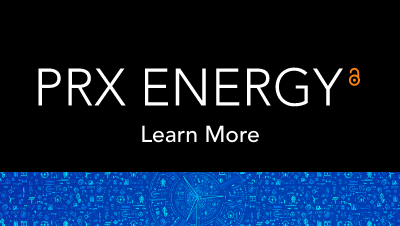Abstract
As a hybrid of artificial intelligence and quantum computing, quantum neural networks (QNNs) have gained significant attention as a promising application on near-term, noisy intermediate-scale quantum devices. Conventional QNNs are described by parametrized quantum circuits, which perform unitary operations and measurements on quantum states. In this Letter, we propose a novel approach to enhance the expressivity of QNNs by incorporating randomness into quantum circuits. Specifically, we introduce a random layer, which contains single-qubit gates sampled from a trainable ensemble pooling. The prediction of QNN is then represented by an ensemble average over a classical function of measurement outcomes. We prove that our approach can accurately approximate arbitrary target operators using Uhlmann’s theorem for majorization, which enables observable learning. Our proposal is demonstrated with extensive numerical experiments, including observable learning, Rényi entropy measurement, and image recognition. We find the expressivity of QNNs is enhanced by introducing randomness for multiple learning tasks, which could have broad application in quantum machine learning.
- Received 1 September 2023
- Revised 6 November 2023
- Accepted 6 December 2023
DOI:https://doi.org/10.1103/PhysRevLett.132.010602
© 2024 American Physical Society


